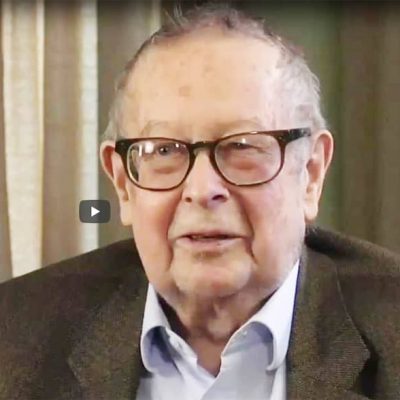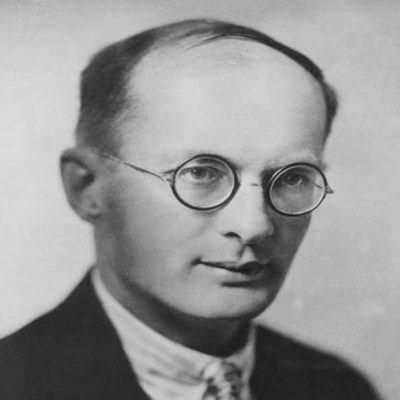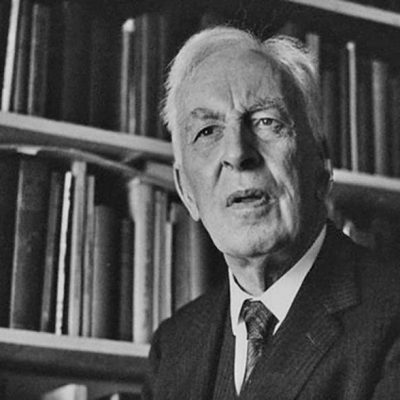 UN: Growth of World Law.
UN: Growth of World Law.
Citizens of the World Diplomacy.
Picture by Artem Beliaikin on Pexels
“The crisis today in human affairs is represented not by the absence of human capacity, but by the failure to recognize that the capacity exists. What gives hope its power is the release of human energies generated by the longing for something better”.
The Association of World Citizens.
Douglas Mattern; was the founding president of the Association of World Citizens; when in 1975 he brought together individuals; who considered themselves as Citizens of the World; but were working within a host of other prizce organizations. He has since died; but his efforts for world citizen diplomacy has continued and expanded.
One of the primary duties of State leaders; is to identify and then to defend against enemies. As soon as a pair of states begins to identify one another as enemies; as the USA and the Soviet Union did in 1945 at the end of the World War; they take steps that confirm and amplify the initial fears; thus starting a cycle of action and reaction.

For American leaders; the Soviet Union represented not only an expansionist state; but was also a leader of a more vague and undefined “international communism”. For the Soviets the USA was an atomic-weapon state; but also the champion of an effort to destroy the “socialist system”.
Many citizens feel that if a government fails to be vigilant in its “threat assessment” of the present danger; then that administration does not deserve to govern.
Cycles of Distrust and Resort to Arms.
We see after “9/11”; the same political and security mechanisms made all the more difficult; because “Islamic Fascism” is even more vague and undefined than “International Communism”; and does not have a specific “home state”; as the Soviet Union or China had for Communism.
There are basically two types of activities; which people can take to modify; such cycles of distrust and resort to arms.
The first is the role of “kibitzer” — the person; who is on the sideline in a game of cards; who says after each hand
“I would not have played the Ace of Hearts then.”
Likewise we can say :
“If I were in the place of President Bush; I would not have gone into Afghanistan, much less Iraq.”
A good deal of world citizen energy; has gone into efforts to convince governments that nuclear weapons; nuclear-weapons testing; and keeping nuclear weapons on “hair-trigger alert” is unwise.
It is likely that had there not been the anti-nuclear efforts starting in 1945; when as Albert Einstein said
“The unleashed power of the atom has changed everything save our modes of thinking; and thus we drift toward unparalleled catastrophe”.
Governments would have continued to develop and test nuclear weapons; driven by only technical and strategic considerations.

Non-Governmental Organizations (NGOs) and Community-Based Moral Voices.
Much of the drive for arms control and disarmament has come from non-governmental organizations (NGOs) and from community-based moral voices; such as that of Martin Luther King, Jr who said :
“I do not minimize the complexity of the problems; that need to be faced in achieving disarmament and peace. But I am convinced that we shall not have the will, the courage; and the insight to deal with such matters unless in this field; we are prepared to undergo a mental and spiritual re-evaluation; a change of focus which will enable us to see that the things that seem most real and powerful are indeed now unreal; and have come under sentence of death.
It is not enough to say ‘We must not wage war!’; It is necessary to love peace and sacrifice for it. We must concentrate not merely on the eradication of war; but on the affirmation of peace.”

The value of being a “kibitzer” at the United Nations through non-governmental organizations in consultative status with the UN; is that one can give advice to a host of governments. Out of the 192 UN members; some governments will be interested and take up ideas which; later may be found in resolutions.
NGO representatives cannot claim “ownership” of the ideas; but the constant repetition of basic ideas of conflict resolution, human rights, and a fairer economic system; keep these ideals in front of decision makers.
Citizen Diplomat.
Another approach is the role of “citizen diplomat”. As Douglas Mattern notes:
“Citizen diplomacy is an idea whose time has come. With modern technology; individuals and organizations from diverse parts of the globe; can have instant communication through the Internet, telephones, and fax machines.
The marvel of telecommunications; along with the relative ease and speed of travel; provide the capability for joint activity among people that was not previously possible.”
Mattern tells of his experiences as a citizen diplomat in the Soviet Union; on “Citizen Diplomacy Volga Peace Cruise” — trips starting in 1983; organized by Alice and Howard Frazier of Promoting Enduring Peace.
During the eleven hundred mile trip on the Volga with stops at major cities along the way; there were workshops and exchanges of views and perceptions. Later in 1986; there was a return trip down the Mississippi; during which thousands of Americans came to greet the Russians on the Delta Queen steamboat; and to extend their own message of peace and friendship.
The multiplication of such examples of citizen diplomacy; helped to break down the walls which the Cold War had created; both physical and mental walls. Mattern sets out the basic aims of citizen diplomacy:
“ Our unyielding task is to build a world community that respects law and justice, the sharing of resources, and the creation of a new civilization based on respect for life, respect for the environment, and respect for each other.”
Rene Wadlow; President, Association of World Citizens.

President, Association of World Citizens (AWC).
Estudied International relations in The University of Chicago.
Estudied Special Program in European Civilization en Princeton University
Here are other publications that may be of interest to you.
Kenneth Waltz: The Passing of the Second Generation of the Realists.
The death of Professor Kenneth Waltz; on 12 May 2013 in New York City; at the age of 88; marks the start of the passing of the second generation of…
Benjamin Ferencz, Champion of World Law, Leave a Strong Heritage on Which To Build.
Featured Image: Prosecutor Benjamin Ferencz at the Einsatzgruppen Trial in Nuremberg. Ferencz was a civilian employee with the OCCWC, thus the picture showing him in civilian clothes. The Einsatzgruppen Trial (or „United…
Bronislaw Malinowski: Understanding Cultures and Cultural Change.
Featured Image: Bronislaw Malinowski (1884-1942), Professor of Anthropology. By Library of the London School of Economics and Political Science, No restrictions, via Wikimedia Commons. Bronislaw Malinowski (1884-1942) whose birth anniversary…
Arnold Toynbee: A World Citizens view of challenge and response.
Featured Image: Arnold Toynbee. By Atyyahesir, CC BY-SA 4.0 https://creativecommons.org/licenses/by-sa/4.0, via Wikimedia Commons. Arnold Toynbee (1889-1975) was a historian, a philosopher of history, and an advisor on the wider Middle…



